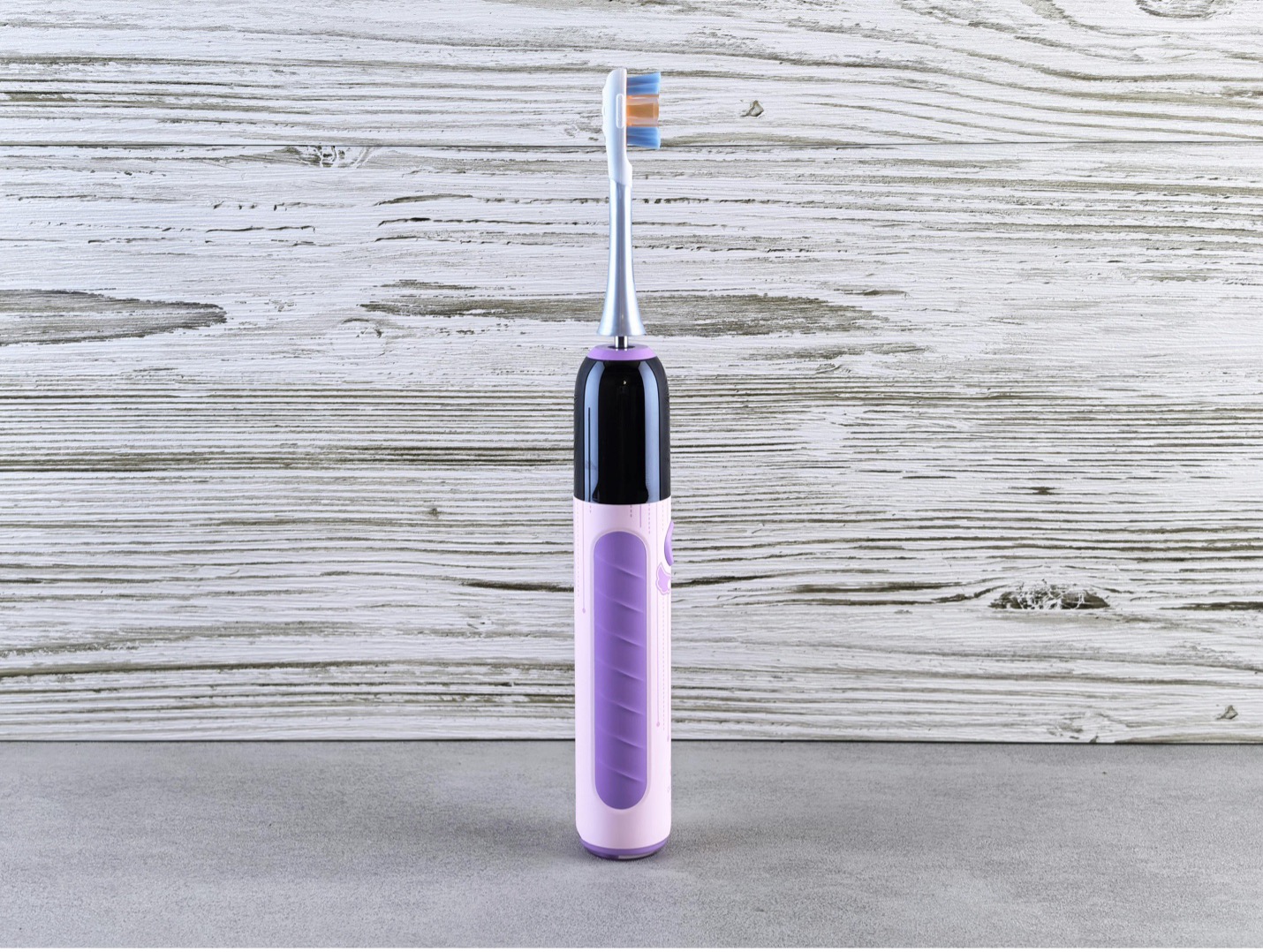We all want healthy teeth and gums, but sometimes our daily oral care habits might not be as effective as we think. Even with the best intentions, many people unknowingly make mistakes that could impact their dental health. Let’s take a closer look at some common oral health missteps and discover how to correct them for a healthier smile. This approach has been proven effective by industry professionals who understand the nuances involved.
Aggressive Brushing Techniques
Here’s a surprising fact, about 80% of people brush their teeth too hard, thinking more pressure equals cleaner teeth. But that’s not doing your smile any favors! Aggressive brushing can wear down tooth enamel, push back your gums, and create sensitive spots that make eating and drinking uncomfortable. Instead of treating your teeth like a dirty dish that needs scrubbing, think of brushing and giving your teeth a gentle massage. Using a soft-bristled toothbrush and making small, circular motions will keep your teeth clean without causing damage. Research shows that implementing these strategies consistently yields measurable results over time.
Inadequate Brushing Duration and Timing
Would you believe that most people only brush for 45 seconds? That’s less than half the dentist recommended for two minutes! Timing isn’t just about duration; it’s also about when you brush. Many rush to brush right after eating acidic foods, which can harm tooth enamel when it’s weakened. For expert guidance on proper brushing techniques, many Chicago residents turn to Dentologie for professional advice. Try using a smartphone timer or investing in an electric toothbrush with a built-in timer to ensure you’re brushing long enough.
Neglecting Proper Flossing Technique
While roughly 40% of people say they floss daily, the reality tells a different story. Even among regular flossers, many aren’t doing it quite right. Common mistakes include aggressive sawing motions that hurt gums, failing to curve the floss around each tooth, and skipping those hard-to-reach back teeth. The right approach? Use about 18 inches of floss, carefully guide it between teeth, and create a C-shaped around each tooth to effectively remove plaque and food particles.
Improper Storage of Oral Care Tools
Your toothbrush’s home matters more than you might think! Storing brushes in closed containers or too close to the toilet can create a breeding ground for bacteria. Research shows that enclosed toothbrushes can harbor up to 3, 000% more bacteria than those stored in the open air. Keep your brush standing upright, well away from the toilet (at least six feet) and let it air dry completely between uses. And don’t forget to replace it every three to four months, sooner if those bristles start looking worn out.
Ignoring Signs of Dental Problems
It’s concerning that about 60% of adults put off dental treatment due to costs or anxiety. Those warning signs your body sends, like bleeding gums, persistent bad breath, or sensitivity to temperature changes, shouldn’t be brushed aside. These could be early indicators of periodontal disease, which affects nearly half of adults over 30. Regular dental check-ups twice a year are essential for catching and treating problems early.
Overreliance on Mouthwash
While mouthwash can be a helpful addition to your oral care routine, it shouldn’t be your main line of defense. Studies have shown that using antimicrobial mouthwash alone only reduces plaque by 25%, while proper brushing and flossing can reduce it by 75%. Plus, using alcohol-based mouthwash too often can throw off your mouth’s natural bacterial balance and lead to dry mouth, potentially increasing your risk of cavities.
Conclusion
Great oral health isn’t just about going through the motions; it’s about paying attention to the details and using proper techniques. By steering clear of these common mistakes and embracing better oral care habits, you can significantly improve your dental health and potentially avoid costly treatments down the road. Remember to keep up with regular dental check-ups and don’t hesitate to ask your dental professional about the best techniques for your specific needs. Your future smile will thank you for making these positive changes today.
Implementing these strategies requires dedication and attention to detail, but the results speak for themselves when applied consistently. Professional success in this area depends on understanding both the fundamental principles and the practical applications that drive meaningful outcomes. Organizations that prioritize these approaches typically see sustained improvements in their operations and overall effectiveness.



